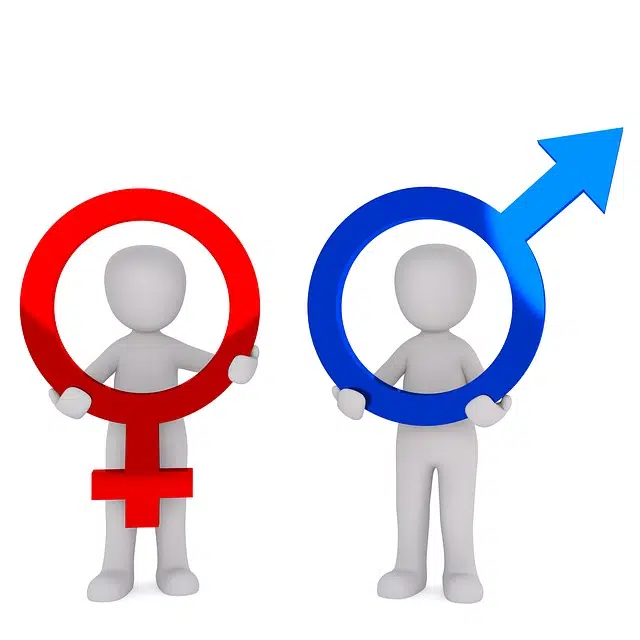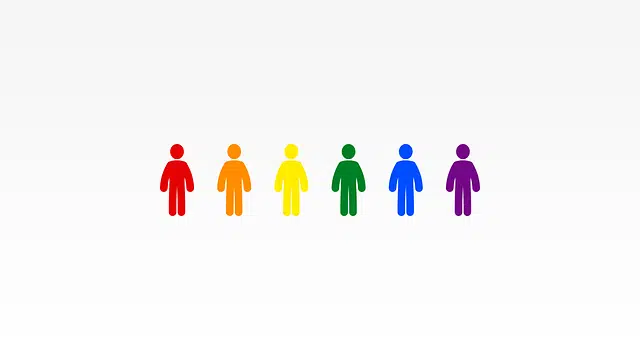
Gender identity is constructed from what the subject feels as a sexual being.
The etymology of identity leads us to Late Latin identĭtas , which in turn has its origins in Latin idem . Identity is the set of characteristics that are characteristic of a person or a group of individuals. The term can also refer to the awareness that a subject has of himself.
The idea of gender , meanwhile, has several meanings. On this occasion, we are interested in its meaning as the group that includes human beings according to their sex, considering this beyond biology and taking into account cultural and social elements.
From these concepts, we can move forward with the definition of gender identity . The notion refers to the self-perception of each person as a sexual being , a conception that is individual but that is transferred to the public sphere.
Gender identity and sexuality
Gender identity is one of the dimensions that make up a person's sexuality , along with gender role and sexual orientation . All these questions transcend the biological.
If we stay with what is indicated in the dictionary of the Royal Spanish Academy ( RAE ), sexuality is made up of the physiological and anatomical traits that correspond to each sex. Sex, in turn, is organic: feminine or masculine.
However, today it is understood that sexuality is not determined by biology . There is a biological sex that is assigned at birth according to genitality and is defined by chromosomes. But other characteristics come into play in sexuality.
Gender is a social category that even has legal effects . It is linked to what an individual feels about his or her sexuality and to the expectations that the community places on the behavior of group members.
Gender identity, in this way, is forged according to what each person feels about their own gender. This individual perception, in turn, leads to assuming a certain gender role, although the limits and scope of said role are diffuse. On the other hand, each human being has a sexual orientation that results in the establishment of certain types of sentimental ties .

There are multiple gender identities, which must be respected.
From feeling to expression
In short, it can be said that gender identity arises from individual feelings (what a person "feels" about their sexuality). This construct, which is independent of sexual orientation, can provoke the intention to promote a modification of bodily functions and appearance .
Since human beings are social beings , this self-perception is expressed in different ways. The expression can be seen in clothing and in the pronouns chosen to refer to oneself, for example .
If gender identity coincides with biological sex (or sex assigned at birth), we speak of a cisgender person. On the other hand, when the subject feels that his or her identity differs from the assigned sex, he or she is someone who is transgender . There is, however, no single transgender identity.
It is important to highlight that legislation usually recognizes the right to gender identity . These laws seek to guarantee dignified treatment and the freedom for each person to identify themselves according to what they feel.
